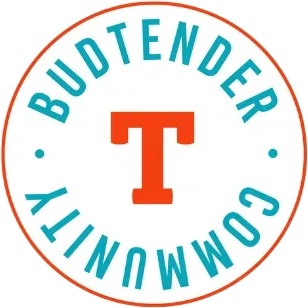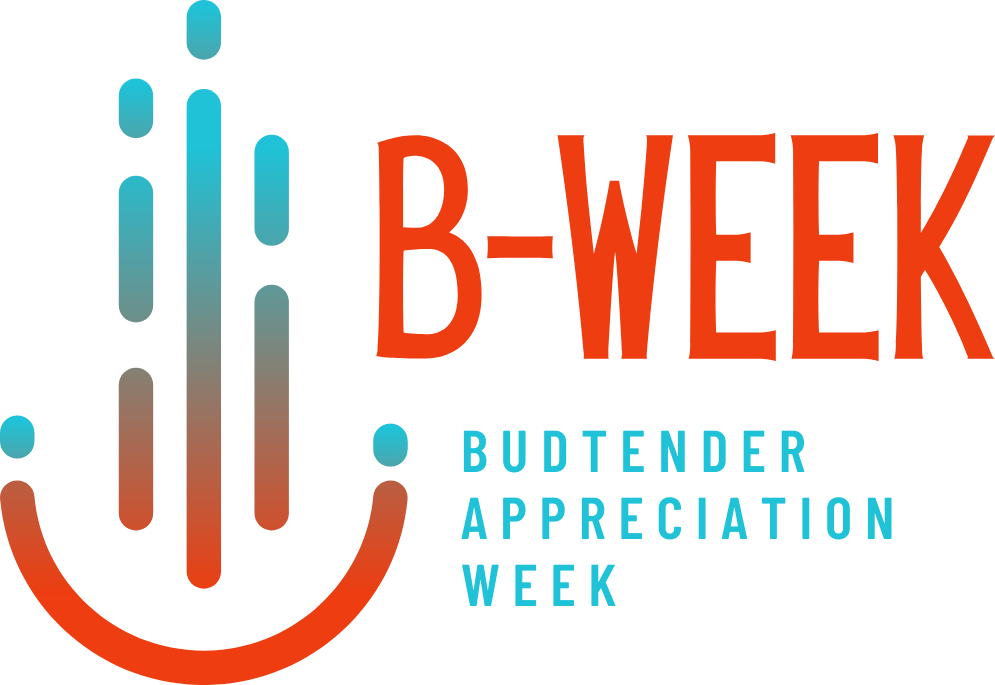With the growing acceptability and legalization of marijuana use across the country, a worrisome reality has come to light: the state-by-state mosaic of safety legislation can leave cannabis consumers adrift in a fog of confusion, exposing them to potential hazards. Marijuana continues to be categorically illegal under federal law. Therefore, it is up to each state to decide on its own set of rules and safety standards.
The lack of uniformity in legislation fuels divisive discussions about the cannabis sector in the United States. Out of the 50 states, only Nebraska, Kansas and Idaho do not permit any form of cannabis use, while the other 47 have adopted their own laws on an array of issues, including the acceptable THC levels in cannabis products.
The majority of jurisdictions demand that licensed laboratories evaluate the strength of products and look for contaminants such as heavy metals and pesticides in legal cannabis products. However, the lack of uniform testing guidelines has led to inconsistent lab results. A practice called “lab shopping” has emerged among producers as a result of certain labs being found to artificially inflate THC levels to satisfy the demand for potent goods.
Recalls have been required in several jurisdictions as a result of products being cleared for sale despite the presence of dangerous pollutants. At least 18 health problems, including an increase in seizure activity, allergic responses and anxiety as well as a burning feeling brought on by chemical exposure, were associated with a cannabis recall in Michigan in 2021 that involved an estimated 64,000 pounds.
The significant differences could be a result of the variations in cannabis strength and contamination-testing procedures seen across the nation’s laboratories. Others issue licenses to independent labs, while some states run their own labs and enforce a more consistent testing approach.
A study published in the “Environmental Health Perspectives” journal in 2022 suggests that the patchy cannabis laws at the state level may have serious effects on consumer health. The study emphasizes how these regulatory inconsistencies raise the danger of pollutant exposure for immunocompromised people, which may result in illnesses that are potentially fatal. Additionally, the inconsistencies also cause misunderstandings among testing facilities, producers and cannabis cultivators. The study also demonstrates that the same cannabis samples could be accepted in one jurisdiction but not in another.
To maintain product safety and safeguard customers, states have put numerous policies into place. For instance, the maximum amount of THC allowed in edibles in Connecticut is 100 mg per package, with a limit of 5 mg per serving. In Massachusetts, the maximum THC content for edibles is 110 mg per package and 5.5 mg per serving. Moreover, the Colorado legislature passed a law in 2017 prohibiting the creation and distribution of edibles shaped like fruits, people or animals to lessen their attraction to children. Similar steps have been taken by other states to restrict children’s access to cannabis products, including the use of child-resistant packaging.
Marijuana supporters claim that by setting uniform standards and coordinating laws across state lines, federal legalization might provide a solution. They believe that federal legalization, along with possible research funding, might improve consumer safety and streamline the cannabis sector.
No such regulatory confusion exists in the cannabis medicalization space in which companies such as IGC Pharma Inc. (NYSE American: IGC) operate because they follow a clear set of guidelines provided by the U.S. Food and Drug Administration (FDA).
NOTE TO INVESTORS: The latest news and updates relating to IGC Pharma Inc. (NYSE American: IGC) are available in the company’s newsroom at https://cnw.fm/IGC
About CNW420
CNW420 spotlights the latest developments in the rapidly evolving cannabis industry through the release of two informative articles each business day. Our concise, informative content serves as a gateway for investors interested in the legalized cannabis sector and provides updates on how regulatory developments may impact financial markets. Articles are released each business day at 4:20 a.m. and 4:20 p.m. Eastern – our tribute to the time synonymous with cannabis culture. If marijuana and the burgeoning industry surrounding it are on your radar, CNW420 is for you! Check back daily to stay up-to-date on the latest milestones in the fast -changing world of cannabis.
To receive instant SMS alerts, text CANNABIS to 21000 (U.S. Mobile Phones Only)
For more information please visit https://www.CNW420.com
Please see full terms of use and disclaimers on the CannabisNewsWire website applicable to all content provided by CNW420, wherever published or re-published: http://CNW.fm/Disclaimer
Do you have questions or are you interested in working with CNW420? Ask our Editor
CannabisNewsWire420
Denver, Colorado
http://www.CNW420.com
303.498.7722 Office
Editor@CannabisNewsWire.com
CNW420 is part of the InvestorBrandNetwork.



















